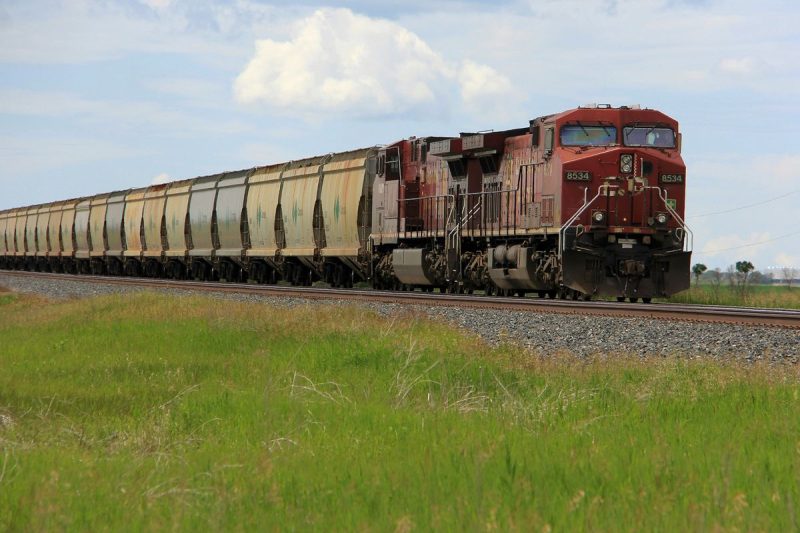
Canadian Rail Workers Lock Out: Disruption in Potash, Oil, and Metal Shipments
The recent lockout of Canadian Pacific Railway (CP) workers has caused disruptions in the transportation of important commodities, leading to consequences for various industries in Canada and beyond. Potash, oil, and metal shipments have been particularly affected by the halt in rail services. This article explores the impact of the lockout on these key industries and the broader implications for the economy.
Potash, a vital mineral used in agricultural fertilizers, is one of Canada’s major exports. The halt in rail shipments has disrupted the supply chain, affecting farmers and agricultural productivity. With potash stockpiles quickly depleting, agricultural businesses are facing uncertainties in meeting demand, potentially causing price fluctuations in the market. The lockout has highlighted the vulnerability of Canada’s potash industry to disruptions in transportation infrastructure.
In addition to potash, the oil industry is also feeling the effects of the rail worker lockout. Crude oil shipments by rail have become increasingly important due to pipeline constraints, especially in regions like Alberta’s oil sands. The halt in rail services disrupts the timely delivery of oil to refineries and ports, impacting the global oil market. The uncertainty surrounding oil transportation could lead to supply chain bottlenecks and price volatility in the energy sector.
The metal industry, including the transportation of minerals such as copper and nickel, is another sector that has been hit hard by the rail worker lockout. These metals are essential components in manufacturing, construction, and various other industries. The disruption in rail shipments is causing delays in the delivery of raw materials to factories, affecting production schedules and potentially leading to higher costs for businesses. The lockout is exacerbating existing challenges faced by the metal industry, such as supply chain disruptions and fluctuating commodity prices.
Furthermore, the broader economic impact of the rail worker lockout extends beyond specific industries. The transportation sector plays a critical role in facilitating trade, supporting economic growth, and connecting regions across Canada. The disruptions caused by the lockout are not only affecting individual businesses but also posing challenges to the overall economic stability of the country. Investors, policymakers, and stakeholders are closely monitoring the situation and assessing the potential long-term consequences of the rail worker lockout on the Canadian economy.
In conclusion, the lockout of Canadian Pacific Railway workers has had significant repercussions on potash, oil, and metal shipments, disrupting supply chains and impacting various industries. The challenges faced by these sectors underscore the importance of a reliable and efficient transportation infrastructure for economic growth and stability. As efforts continue to resolve the labor dispute and resume rail services, it is crucial for stakeholders to collaborate and find sustainable solutions to mitigate the impact of disruptions on Canada’s economy.
